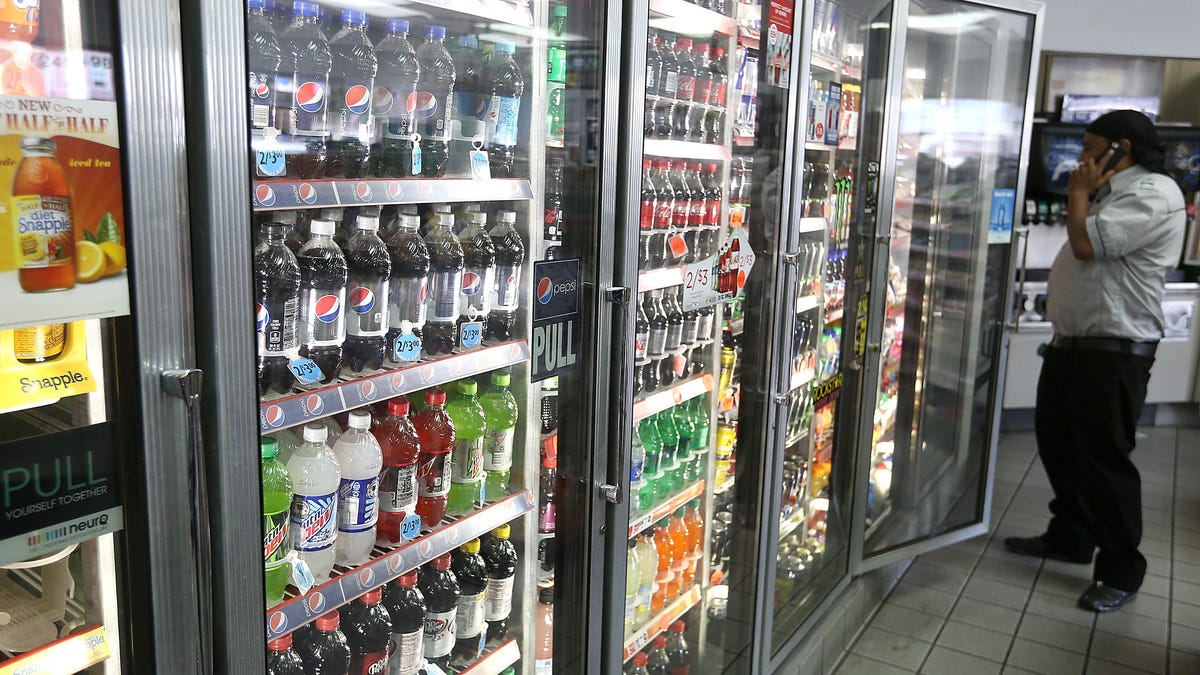Electric cars could kill the convenience store, report says
Morgan Stanley analysts suggest that if EVs became widely adopted, the beverage and convenience store industries could be severely impacted.

Unintended consequences could very well be the official catchphrase of the human race. For example, had you considered that an unintended consequence of the shift to electric cars could be the ruination of the beverage industry, and as another knock-on effect, the convenience store industry?
Experts worry that if more people switch to EVs then they won't be making impulse beverage purchases at the gas station which would severely impact profits for store owners.
Weird, right? Well, it's a thing that could happen, according to a new report by the Washington Post. The reasoning, put forth by Morgan Stanley analysts, is that aside from gasoline, most people end up buying beverages as impulse purchases when they go inside to pay for their fuel. The report goes on to say that if this future came to pass, it would be Monster energy drinks that are hardest hit, because 63 percent of all Monster drinks are purchased in gas stations and convenience stores.
"Beverages drive sales, and beverages drive profits at convenience stores, so any competition that could reduce those sales and those profits is a concern," said Jeff Lenard of the National Association of Convenience Stores, in an interview with the Washington Post. "However, I think that stores will do what they always do: They'll find a better way to compete."
The easy solution to this would seem to be installing fast chargers at gas stations, but is that a cost that individual store owners could absorb, or will the petrochemical companies like Mobil and Chevron need to include this as part of their regular retrofits? The upside for owners would seem to be that customers will need to hang around for way longer than they otherwise would if they were pumping gas.

